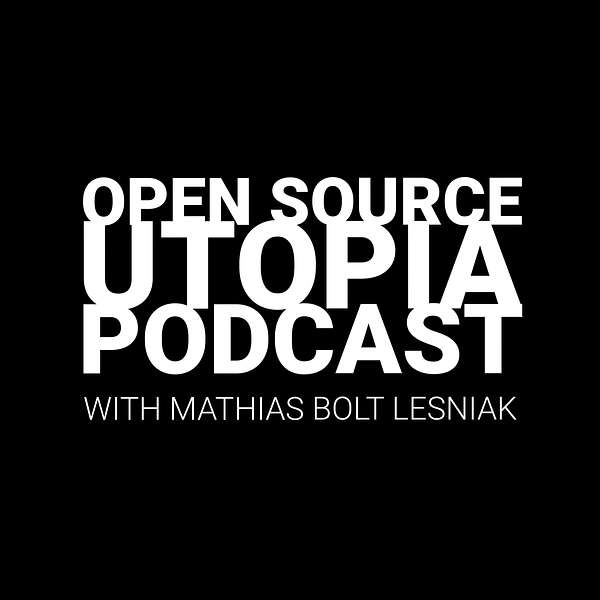
Open Source Utopia
Open Source Utopia
Public Code
Even software funded with public tax money is mostly kept under restrictive, closed-source licenses. That can have unfortunate consequences.
Sign the FSFE's “Public Money? Public Code!” petition at publiccode.eu.
Watch the video version on YouTube
This episode is released under the Creative Commons Attribution-ShareAlike 4.0 International License.
Created by: Mathias Bolt Lesniak
Creative advisor: Jeffrey A. “jam” McGuire
This is episode nine …… of the Open Source Utopia Podcast. If you live in a democratic society, part of the social contract is that …… taxes should benefit everyone, from infrastructure and education …… to helping those most in need. It should not hurt democracy …… or distort fair competition. Today, however, most of the software …… that is financed by tax money, is kept under lock and key, using restrictive, closed-source licenses. Even though our taxes pay for it, this proprietary, closed-source software …… makes it hard for governments …… and public institutions to collaborate, share innovation, and save money …… on software projects. Even worse, this restriction also creates a basis …… for unnecessary monopolies. And — most places around the world — your tax money is sent out …… of your country's economy altogether. Not to mention, our security and privacy is always …… at risk from code that is hidden from sight. In the last few episodes, I have talked about the importance of trust …… and the positive impact …… that open source practices can have …… on civil society and democracy. A democratic government should di everything …… to strengthen its own foundations and economy. Luckily, there is hope!“Public money? Public code!” is a campaign …… by the Free Software Foundation Europe …… to make it legally required to make software …… paid by the public sector open source. There's a link to signing the petition …… in the episode description.(Visit publiccode.eu) In the next episode, you'll hear more …… about open source as a “Pillar of Society”.